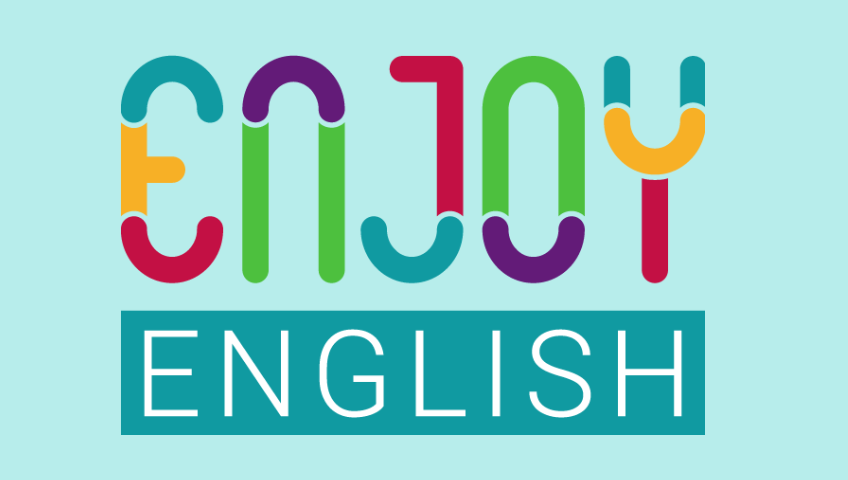Video games are perceived as powerful enemies that stole the attention of our students, both in the classroom and at home. However, more teachers are betting on the implementation of game mechanics and video games to promote active learning.
Photo: Bigstock
Video games and game applications have not always been well received in educational contexts. They are very often perceived as powerful enemies that steal our students’ attention both in class and at home. But, for some time now, there has been an increase in educational practices derived from a trend known as Gamification, which uses game mechanics to address educational content and promote active learning. Every day, more and more teachers are committed to creating motivating learning environments, avoiding master classes and becoming coordinators of the joint creation of knowledge.
Experiencing themed adventures in video games with different scripts is a classic, where the player guides a character through a series of scenarios, while looking for interactive components and completing missions. Fernández (2009) describes some of the characteristics of the adventures in this format, as opposed to other types of games:
1) The narrative is integrated into the game
2) The player controls the main character
3) The objective is to solve different types of challenges/puzzles
4) The game encourages scenario exploration and experimenting with the possibilities
“Through the video game we want students to be aware of how our thoughts typically direct our emotions and, to achieve this, we propose tests in which the player has to reflect on this causal relationship. Assertiveness, emotional intelligence and conflict resolution are some of the skills that students will put to the test.”
www.aislados.es is a platform designed by Gañán, González and Gordon (2014) to support the development of socioemotional competencies in students, through the acquisition of life skills. It can be used in formal, non/formal and informal learning contexts and targets 10-to-15-year-olds. The platform is based on a free online educational adventure, developed by the association SIAD and financed by the National Plan on Drugs of the Spanish Government’s Ministry of Health. The skills we propose addressing are divided into seven blocks, each of which consists of four classroom sessions:
1) Assertiveness
2) Interpersonal relations
3) Decision-making
4) Self-esteem
5) Emotional intelligence
6) Addictions
7) Conflict resolution
This proposal is based on Kolb’s (1981) educational principles of experiential learning. According to this theory, “we learn by doing”. The following four stages are required for effective learning:
1) Concrete experience
2) Reflective observation
3) Generalization of principles and concepts (abstract conceptualization) that will serve as a guide for future actions
4) Application of the conclusions obtained (active experimentation)
To achieve point 1 on the list, students undergo the experience by managing the video game’s main character. The aim is to convey a certain sense of freedom, endeavoring to blur the limits between these roles (student and player) as far as possible. The other three steps are led by educators in the classroom sessions.
Another characteristic of the www.aislados.es platform is the versatility of the interactive components, which offer a high degree of unpredictability and instant feedback on the progress made during the video game. In addition, it has a player score table, a skills tab in which the students can check how their profile varies according to the decisions they make during the game.
“The error-based teaching strategy is the psychological foundation of serious games for training in actions that, in real life, could lead to dangerous consequences or social penalties.”
The non-player characters (NPCs) that appear in the game have been designed as models for highly polarized behavior, so that, as the players advance and get to know them better, they can gradually disseminate some of the verbal, attitudinal and emotional components of all the ways of being and living in the world. In addition, each verbal message from the NPC is accompanied by an icon indicating its current frame of mind. We want students to be aware of how our thoughts typically direct our emotions and, to achieve this, we propose tests in which the player has to reflect on this causal relationship. The error-based teaching strategy is the psychological foundation of serious games for training in actions that, in real life, could lead to dangerous consequences or social penalties.
To use the www.aislados.es platform in learning spaces as an educator, the first step is to register online in order to access the free teaching manual, and obtain guidance on your intervention as a teacher and feedback on students’ progress through the video game. This information can be used to prioritize content. It also contains a content learning assessment proposal consisting of a questionnaire that is administered before and after the sessions. In principle, the game is designed to be used in a total of twenty-eight 45-minute sessions. However, you can prioritize the sessions that are most important for your students. Classroom work focuses on analyzing how certain situations in the video game were solved, thus generating the conceptual contents (each session’s educational objectives) following the theoretical proposal of experiential learning.
Sessions can be organized in different ways:
• By complete program. Planning each work session, following the chronological order of the sessions.
• By content block. Grouping the sessions according to the pedagogical content, in order to work only on the relevant content (e.g., the four Assertiveness sessions).
• Independent sessions. Working on a concrete competency.
In no way does the www.aislados.es platform seek to evaluate a general style of behavior in students, nor does it offer a report on their skills. It only provides information on responses in a video game, which are not significant for drawing conclusions or making generalizations on behavior, since the type of responses by players in digital environments can be the result of multiple circumstances. Since players are in a simulated virtual situation and are not exposed to consequences, we cannot infer that their responses are typical.
The www.aislados.es platform is free and already available. If you have any questions about the program, please write to info@asociacionsiad.com
About the authors
Alejandro Gañán Durán (info@asociacionsiad.com) is a Psychologist and Specialist in the application of psychological intervention programs in educational contexts. He also designs game-based experiences to develop Life Skills.
Elia González Guajardo-Fajardo (info@asociacionsiad.com) is Social Educationalist and Educator. She also designs game-based experiences to develop Life Skills.
This article from Observatory of the Institute for the Future of Education may be shared under the terms of the license CC BY-NC-SA 4.0 
)
)






)
Carlos Alberto González Almaguer
Carlos Alberto González Almaguer
Carlos Alberto González Almaguer